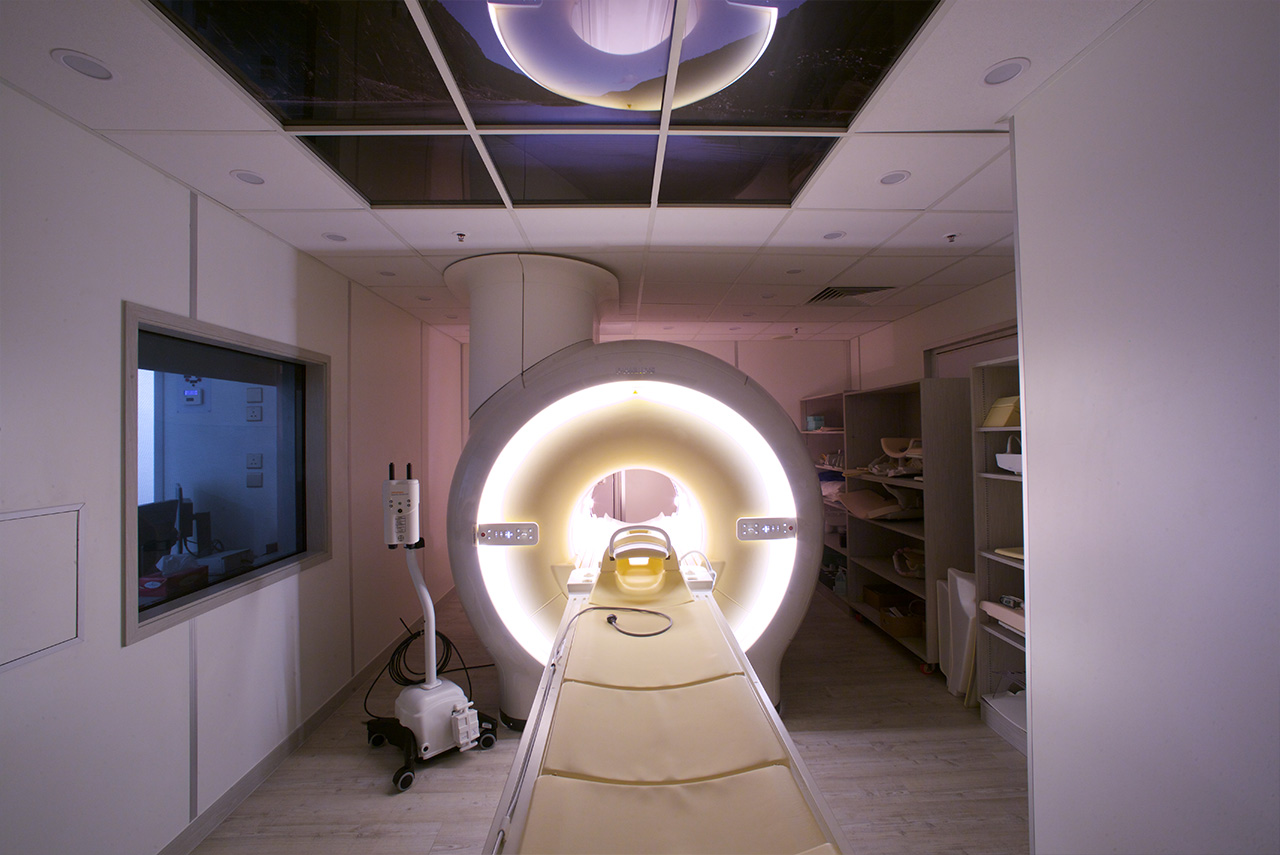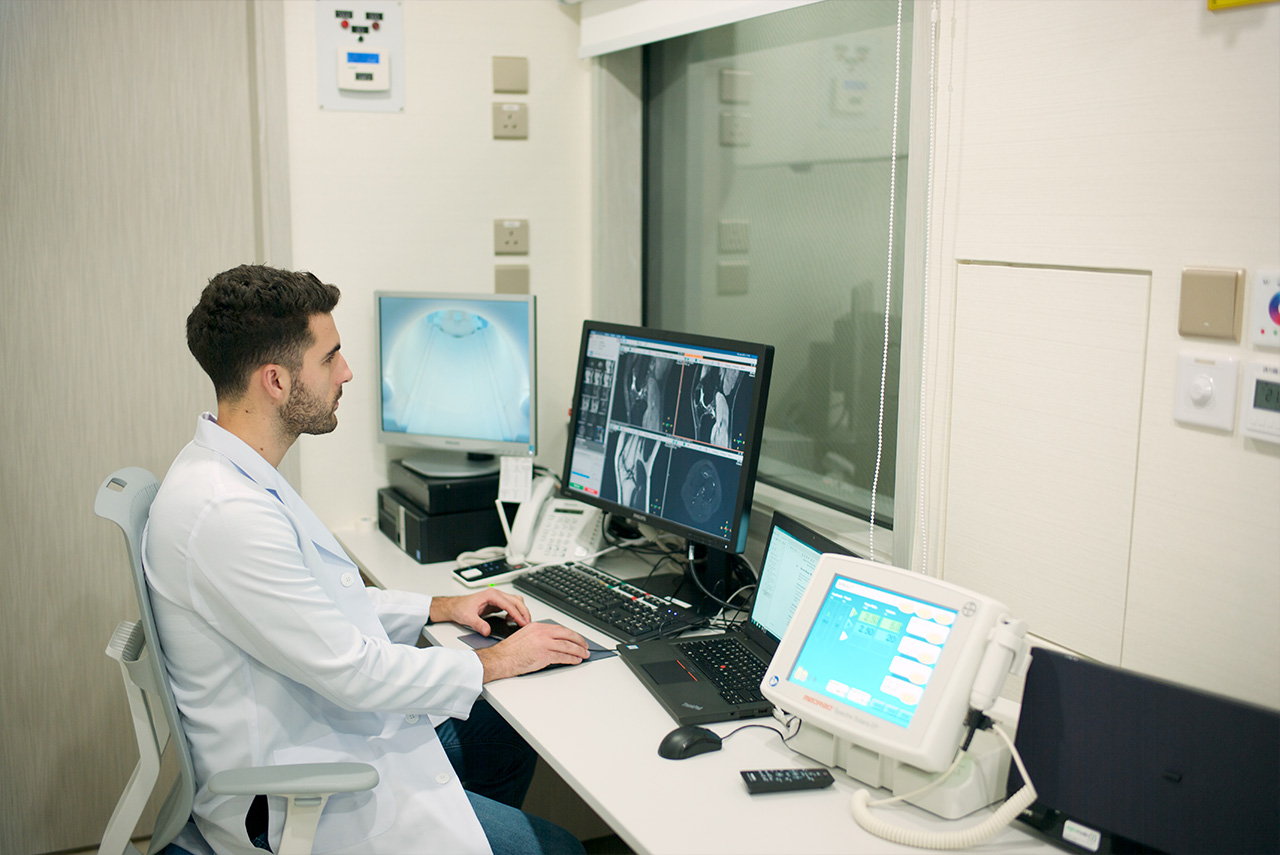If you have tested positive for Covid-19, you may be wondering what you should do next and what precautions you need to take. If you have simply tested positive for a lateral flow test, then it is highly recommended that you take a PCR test as soon as possible to confirm the positive result. It could simply be that you have had a false negative with your lateral flow test. In this guide, we will tell you everything you need to know about the next steps you need to take if you have tested positive for a Covid-19 PCR test.
What Should You Do If You Test Positive For COVD-19 With a PCR Test?
Your test results
A positive PCR result means that it is very likely that you had had coronavirus when you carried out the test. You should stay at home and make sure that you do not contact other people because the virus spreads very quickly and very easily. This is important not only for yourself but also for protecting the people around you. What you need to do next will depend on the type of test you have had. As mentioned, if you have had a lateral flow test only, the next natural step is to get a follow-up of the PCR test. This is because PCR tests are much more reliable and will be able to tell you whether you have genuinely tested positive for Covid-19 or not. After all, we are sure that you do not want to spend 14 days sitting at home due to a false result.
You could have a positive result, and you may not experience any symptoms at all. Therefore, you should simply use this time at home to rest and enjoy the things that you usually do not get to do, for example, watching your favourite television show. However, some people do end up experiencing symptoms and feel incredibly unwell.
Symptoms
Some of the main symptoms that are associated with the coronavirus include a high temperature, continual cough, and a loss or change to your sense of taste or smell. We have also seen that there are a lot of people who report having incredibly strong and painful headaches while having this virus and so this is something to be mindful about. You can take over-the-counter medication to help you with this.
If you feel like your symptoms are getting to the point whereby you cannot cope with them anymore, it is important to call the hospital or your emergency doctor to get some medical help. It is worth pointing out that the majority of medical centres today do not advise patients to simply walk into the clinic if they have tested positive with Covid because it is naturally a risk for everyone else who is in the building at that time.
At home with Covid-19
While you are at home, it is possible to get some help and support if you are struggling. For example, you will no longer be able to do your everyday tasks if you are isolating, for example, collecting medicine or shopping. Therefore, it makes sense to get in touch with a friend or family member to ask them whether they would be able to do a shop for you that will last for the duration of your isolation. They can simply text you once they have picked up your shopping and are dropping it off, and they can leave it outside of your front door that you do not contact one another.
You may also be entitled to sick pay or some other type of financial support if you are not able to do your usual work during this period. Of course, your eligibility for this is going to fully depend on your location and the status of your employment. Nevertheless, it is something that is worth checking out, especially if you are going to struggle financially due to being unable to work while you have the coronavirus.
Finally, you may be wondering whether or not you are going to need to do another PCR test. You generally do not need to do another PCR test within the next three months unless you get any new symptoms of Covid-19. You may need to do a new PCR test if you are travelling to or from another country. If you have had a positive test, you may want to do a PCR test in order to prove that you are negative so that you can end your isolation and resume your normal activities.




